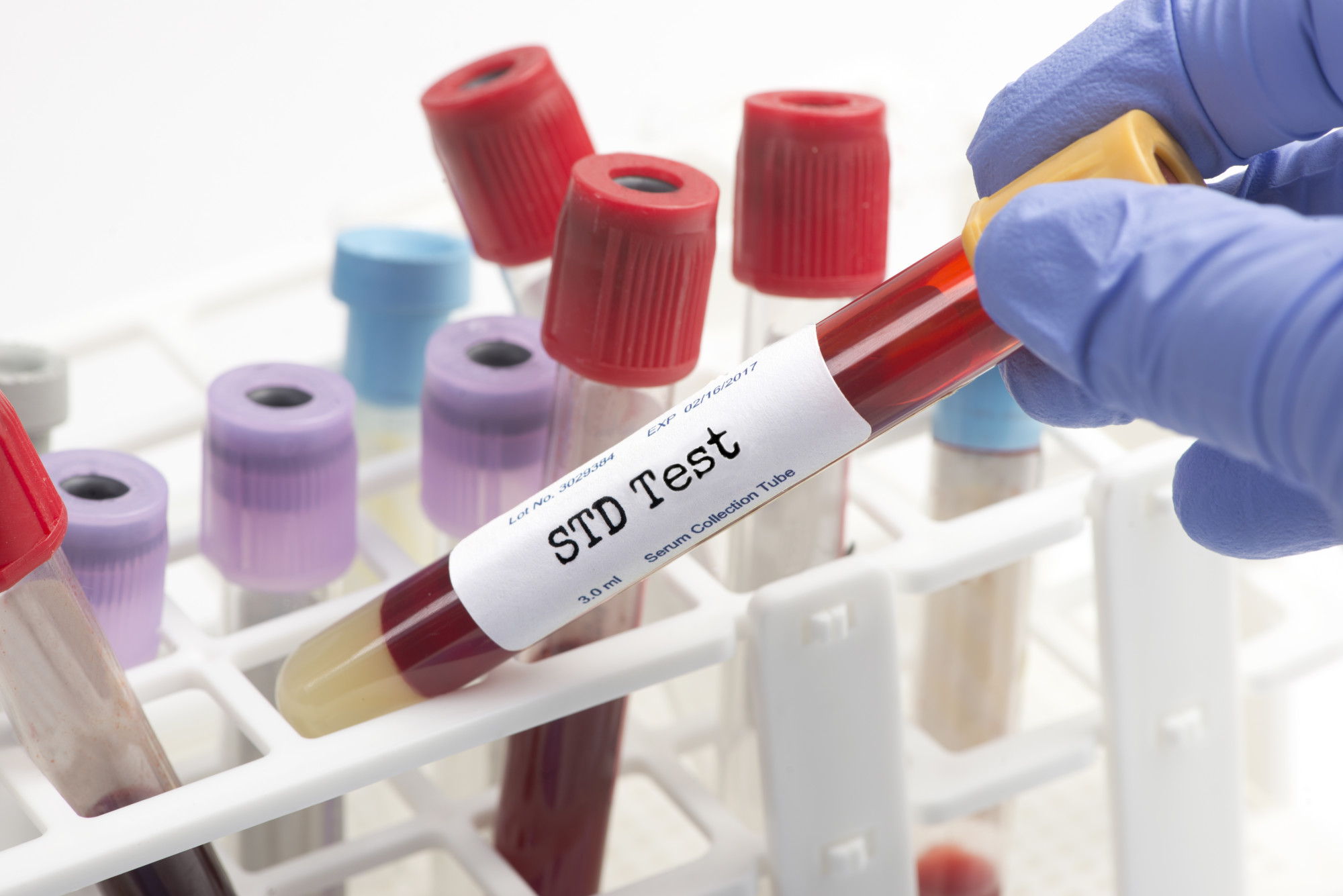
How Often Should You Get Checked for STDs?
In 2019, there were more than 2,554,908 confirmed STD cases globally. With such a staggering number, it’s concerning and makes you wonder how often should you get checked for STDs.
Below, we’ve created a comprehensive guide about STD testing and some of the common signs of an STD that you might not know.
Who Needs to Get Tested?
The bottom line is if you’re sexually active, you need to ensure that you’re getting tested for STDS routinely. Primarily if you’re entering into new sexual relationships, it’s best to get tested before you become intimate with someone.
If you’re not practicing safe sex by using condoms during intercourse, you need to get checked because there’s no way to ensure that your partner doesn’t have an STD without a test. Also, if you’re someone who’s shared needles with people or has come in contact with a dirty needle, it’s useful to get tested.
If you get tested, and it’s confirmed that you have an STD, most can be treated and go away within a specific time frame. However, if you’ve got an STD that can’t be cured, there are ways that you can discuss with a certified healthcare professional to manage the STD.
How Often Should You Get Checked for STDs?
It should be noted that some factors would increase the number of times that you should get tested.
For instance, if you’re in the beginning stages of a relationship, both partners should get tested. Or if you’re someone who’s multiple intimate partners, it’s best if you get tested after sexual activity and before you become intimate with someone else.
If you’re not practicing safe sex, it’s recommended that you get tested once a year. The exception is if you notice any of the signs of an STD; you should get tested immediately.
Suppose you’re pregnant and continue to participate in sexual activity. In that case, it’s beneficial to get tested throughout the pregnancy because an untreated STD can have dire consequences for both you and your child.
Everyone that’s sexually active should be tested for HIV yearly.
Common STDs
Some STDs are more common to get than others. The first is HPV, otherwise known as the human papillomavirus. In 2018, there were more than 43 million HPV cases.
The thing about this virus is most people will catch at some time during their lives and never know it. For some people, they’ll exhibit no symptoms, and for others, it presents itself in the form of genital warts.
Another commonly caught STD is chlamydia. Signs of having chlamydia include pain or swelling around the testicles. Others symptoms are pain in the rectum and increased pain when urinating.
Gonorrhea is another STD that when treated, will go away. But it can cause more problems when it goes untreated.
If it’s not treated, it can cause issues like pelvic inflammatory disease, which would need to be treated by a urogynecologist.
How to Get Tested for STDS
When you’re looking to be tested for STDs, you’ll typically visit a clinic. Depending on the STD that they’re testing for, they may require that you provide:
- Urine specimen
- Blood sample
- Cheek swab
- Sore testing if sores are present
- Discharge samples
- Physical examination
Some places provide all-inclusive STD testing. This means that you can get tested for multiple STDs in one visit.
The advantage to doing it this way is getting the peace of mind that you don’t have any of these STDs. But the downside is you might have to give multiple specimens that will then be sent to the lab for testing.
Signs of an STD
If you’ve got an STD, there are several signs that you might begin to exhibit, with the most noticeable being pain or irritation around your genitals. The pain you’re experiencing may increase during sexual intercourse or when you’re attempting to use the restroom.
Another common side that infected people deal with is a change in the scent or consistency of their discharge. For men, if there’s discharge coming out of their penis, this is a sign that something’s wrong.
For women, if your discharge is foul-smelling or you notice a change in the color and consistency of your discharge, it’s worth having an STD test performed. In addition, if you begin to notice bumps or lesions around your genital areas, testing is needed because one of the signs of herpes is genital warts.
While these are noticeable changes affecting your genital regions, some signs can take place throughout the body. For example, with some STDs, you might become feverish and begin to feel exhausted without reason for your fatigue.
How to Protect Against STDs
There are several ways to protect yourself against STDs, with the first being to practice safe sex by using condoms.
31% of people admit that they’ve had overlapping intimate partners at one point in their lives. It’s also useful if you stick to having one sexual partner at a time because when you become intimate with more than one person, it makes it challenging to know who you got an STD from.
Another way to protect yourself against STDs is to have physical exams performed annually. By doing this, you can ensure that any issues you have are taken care of and treated accordingly.
If you’re old enough to be sexually active, you’ve got to remember that you’re responsible for your sexual health as well. Being sexually healthy means taking care of your body and treating STDs if you have them.
It’s also not fair to those you’re intimate with if you don’t take care of yourself by getting tested for STDs.
Know When to Get STD Testing
When answering the question of how often should you get checked for STDs, the simple answer is every couple of months or before you enter into an intimate relationship with a new partner. Several STDs are common for people to get, including gonorrhea.
But as we mentioned, if you don’t get treated for it as soon as possible, it can lead to pelvic issues. If you’re experiencing pelvic floor problems, contact Dr. Peter M. Lotze.
If you’re still not comfortable setting up your appointment, check out some of the past client testimonials that will vouch for the quality care provided by Dr. Lotze.


